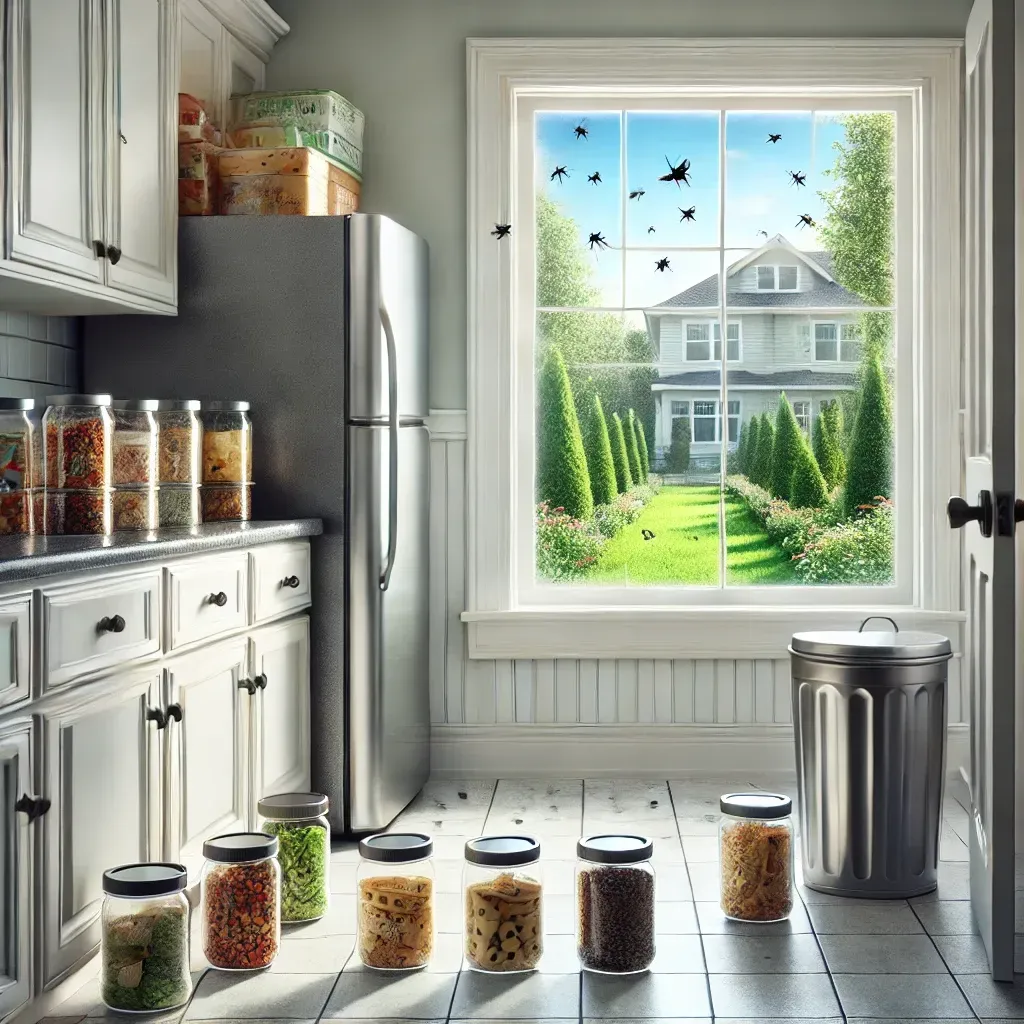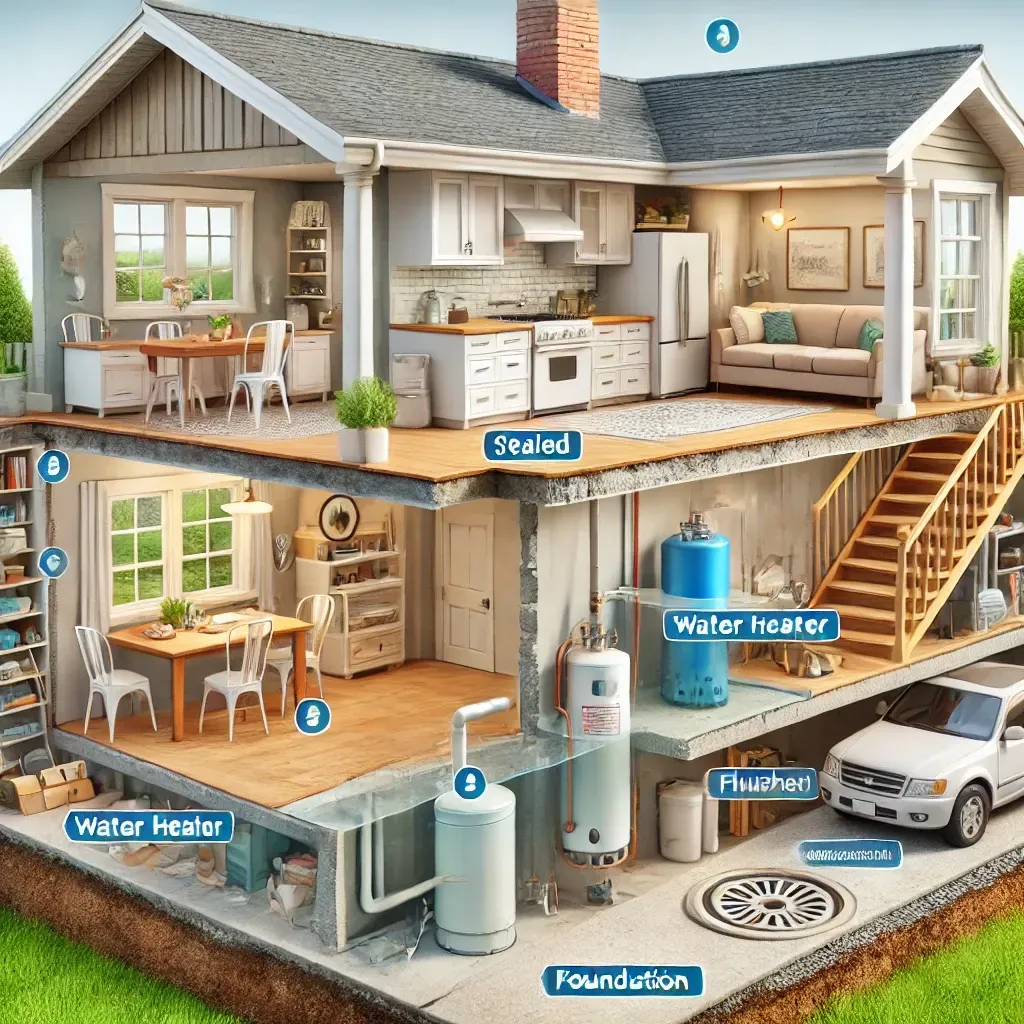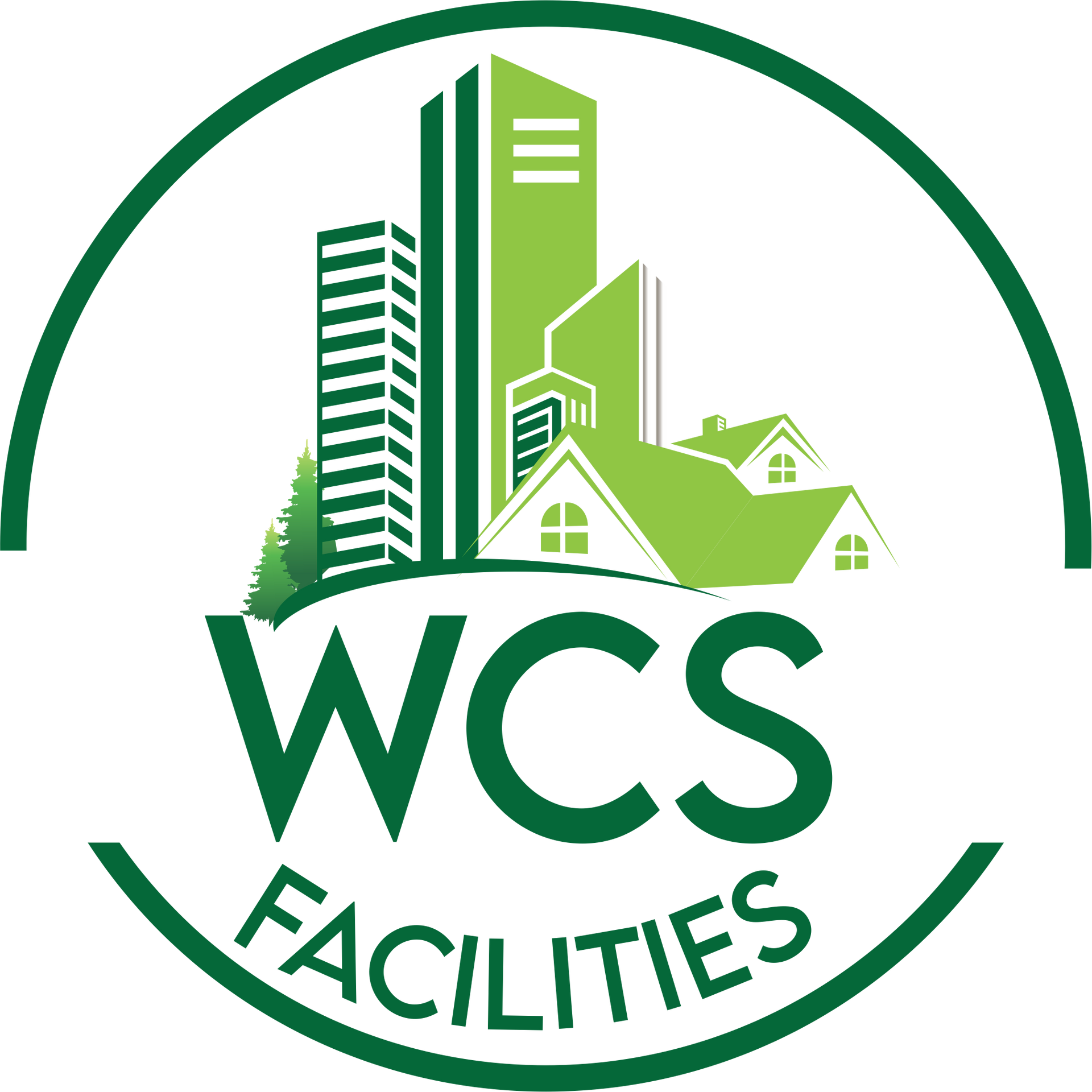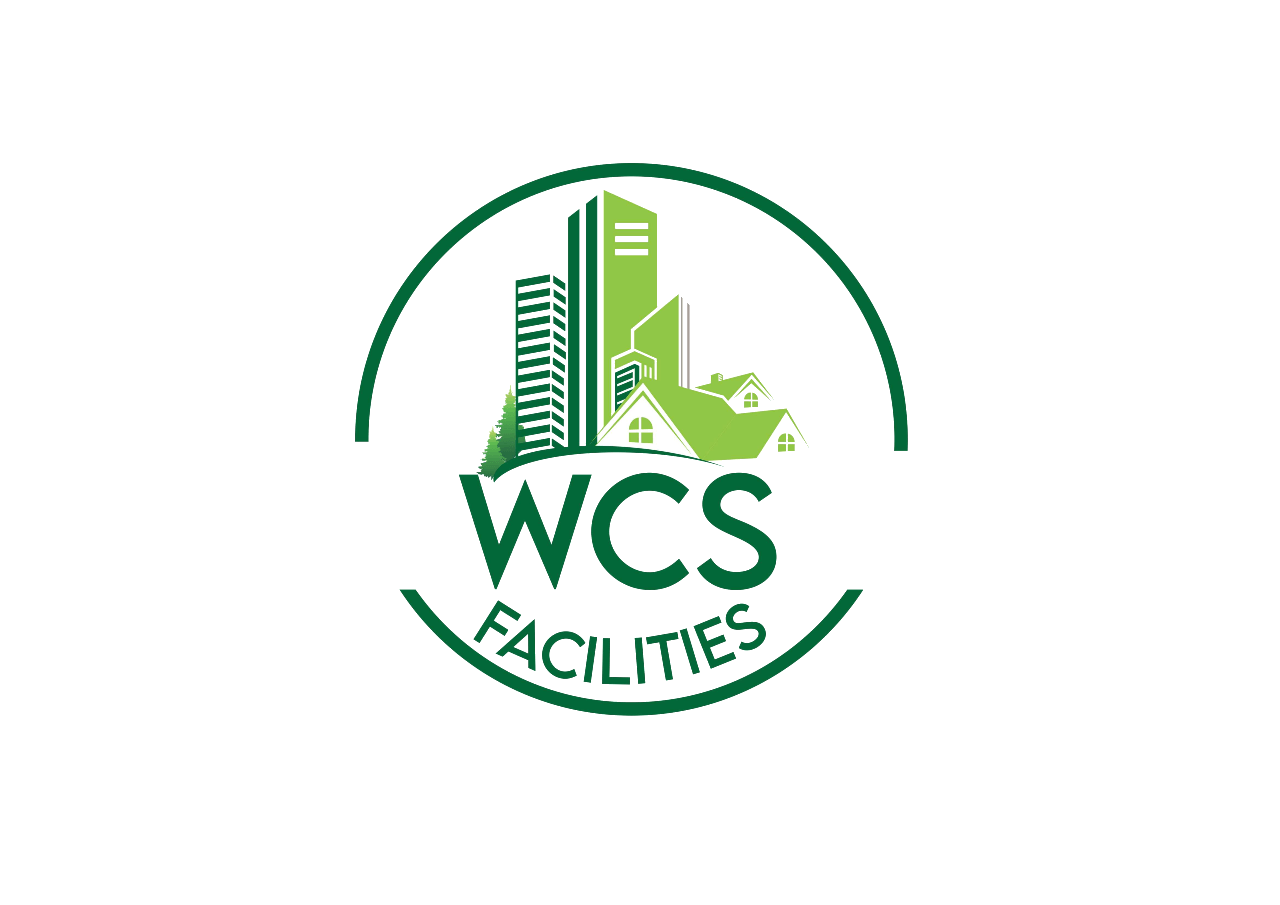The Importance of Efficient Heating & Air Conditioning in Facility Management
In the realm of facility management, heating, ventilation, and air conditioning (HVAC) systems are vital components that directly impact the comfort, productivity, and safety of building occupants. At WCS Facilities Management, we understand that maintaining an efficient HVAC system is not just about comfort—it's about ensuring operational efficiency and energy savings. Here’s why efficient heating and air conditioning are critical in facility management.
1. Energy Efficiency and Cost Savings
One of the most significant advantages of an efficient HVAC system is its ability to reduce energy consumption. Inefficient systems often work harder than necessary to maintain desired temperatures, leading to higher energy bills and unnecessary wear and tear on equipment. By investing in regular maintenance and energy-efficient upgrades, facilities can significantly cut down on operating costs.
2. Enhanced Comfort and Productivity
The comfort of building occupants is directly linked to their productivity. An HVAC system that maintains optimal indoor temperatures ensures that employees, tenants, or visitors are comfortable, which can enhance overall satisfaction and productivity. For businesses, this translates into a more effective workforce and potentially higher tenant retention rates.
3. Improved Indoor Air Quality
Properly functioning HVAC systems also play a crucial role in maintaining indoor air quality. They help filter out pollutants, allergens, and other airborne particles, providing a healthier environment for everyone in the building. Regular maintenance, including changing filters and cleaning ducts, is essential to ensure the air inside your facility is clean and safe to breathe.
4. Longevity of Equipment
Just like any other equipment, HVAC systems require regular maintenance to function efficiently and last longer. Neglecting routine inspections and servicing can lead to system failures, costly repairs, or even the need for premature replacement. A well-maintained HVAC system not only performs better but also has a longer lifespan, providing more value over time.
5. Regulatory Compliance
Many industries have specific regulations regarding indoor air quality and temperature control. An efficient HVAC system ensures that your facility remains compliant with these regulations, avoiding potential fines and legal issues. Staying up-to-date with the latest standards and implementing necessary upgrades is key to maintaining compliance.
6. Environmental Impact
Sustainability is a growing concern in facility management. Efficient HVAC systems consume less energy, which reduces the carbon footprint of your facility. By opting for eco-friendly systems and practices, your facility can contribute to global efforts to reduce environmental impact, while also appealing to environmentally conscious tenants and stakeholders.
Conclusion
At WCS Facilities Management, we believe that an efficient heating and air conditioning system is not just a necessity but a strategic asset. By ensuring your HVAC system is well-maintained and optimized for energy efficiency, you can enhance occupant comfort, reduce operational costs, and contribute to a healthier environment. Regular maintenance and timely upgrades are essential steps in achieving these goals, and our team is here to support you every step of the way.
For more information on how
WCS Facilities Management can help you maintain and optimize your HVAC systems, contact us today.
You might also like




